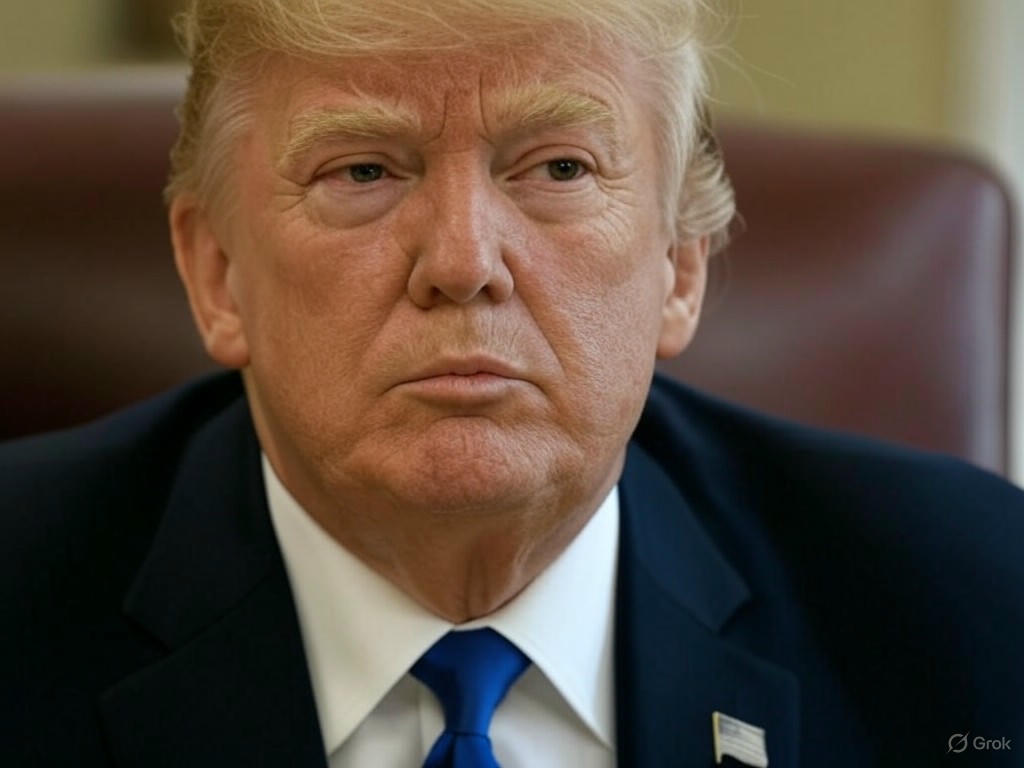Trump’s Tax Plan Threatens USPS Electric Vehicle Rollout
A surprising twist in the latest tax and immigration proposal backed by former President Donald Trump and Republican lawmakers has sparked concern among environmentalists and postal workers alike. Tucked within the sprawling legislative package is a provision that could dismantle the U.S. Postal Service’s ambitious plan to modernize its delivery fleet with electric vehicles (EVs). This initiative, which has already seen billions of dollars in investment, aimed to replace aging, gas-guzzling mail trucks with eco-friendly alternatives. Now, the proposed policy could force the sale of these brand-new EVs, undoing years of progress toward sustainability.
The USPS embarked on its electrification journey in recent years as part of a broader push to reduce carbon emissions and modernize operations. With over 200,000 vehicles in its fleet, the agency is one of the largest operators of delivery vehicles in the country. Transitioning to electric models was seen as a critical step in cutting fuel costs and aligning with federal goals for a greener future. Contracts were awarded to manufacturers, production began, and the first wave of EVs started hitting the streets, promising quieter, cleaner mail delivery. However, the new tax bill could halt this momentum by mandating the divestment of these assets, potentially redirecting funds to offset tax cuts or other priorities outlined in the package.
Critics argue that selling off the USPS’s electric fleet would not only undermine environmental objectives but also waste taxpayer money. The upfront costs of designing, building, and deploying these vehicles have already been incurred, and offloading them now could result in significant financial losses. Moreover, the move raises questions about the future of federal sustainability initiatives. If the Postal Service—often viewed as a bellwether for government innovation—reverts to older, less efficient vehicles, it could signal a broader retreat from climate-conscious policies. On the other hand, proponents of the bill suggest that the funds from the sale could be better allocated to pressing economic needs, especially as the nation grapples with inflation and budget deficits.
The debate over this provision highlights a larger tension between fiscal conservatism and environmental responsibility. For postal workers, the uncertainty is palpable; many had welcomed the shift to EVs for their reduced maintenance needs and improved working conditions. Meanwhile, communities that anticipated cleaner air from reduced emissions may see those benefits slip away. As the tax package moves through legislative channels, stakeholders are urging lawmakers to reconsider the impact of this lesser-known clause. The decision could set a precedent for how the government balances short-term financial goals with long-term societal gains.
As discussions heat up, the fate of the USPS’s electric fleet hangs in the balance. This policy, if enacted, could mark a significant setback for the agency’s modernization efforts and the nation’s broader push for sustainability. Whether lawmakers prioritize green innovation or fiscal restructuring remains to be seen, but the outcome will undoubtedly shape the future of public services and environmental policy for years to come.


